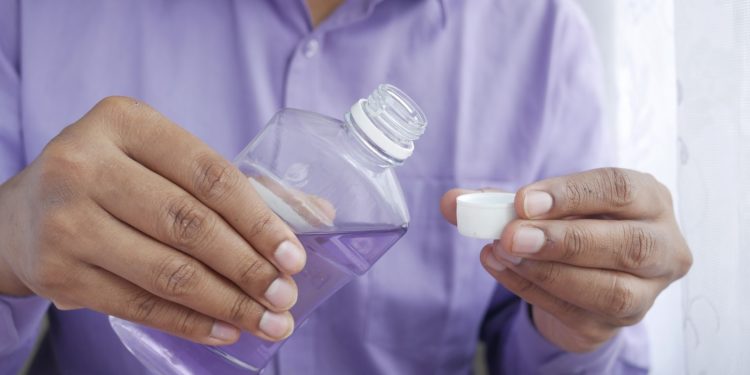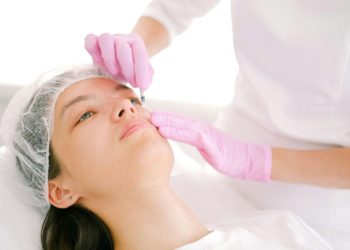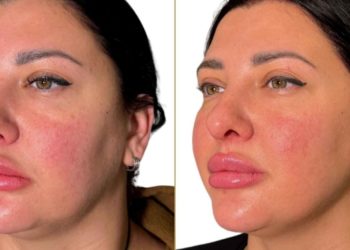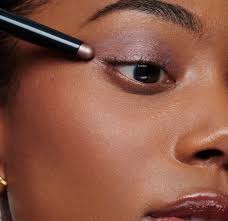We all know (and may or may not always follow!) the basic dental hygiene advice of brushing our teeth twice a day, morning and night. But are there other tips not everyone is aware of? Is an electric toothbrush that much better than a regular one? And when should you use mouthwash?
This article aims to find the answers to some of the most common dental hygiene questions…
Electric V Manual Toothbrush
It’s not as big a difference whether you use a manual or electric toothbrush as you might think. So you don’t have to worry about spending a hundred or more on that fancy one in the Black Friday sale. The two types are fairly equal and get the job done.
It’s more important that you get all the surfaces and angles of your teeth when brushing, so that’s the inside, outside and the chewing surface. That being said, some people do find it easier to get a good clean with an electric toothbrush, but it’s more down to preference and comfort. Either way, 2 minutes is the average amount of time people should spend brushing their teeth.
Soft, Medium or Hard Bristles?
So, as a manual toothbrush can be as effective as an electric one, how much does the firmness of the bristles matter?
Most dental experts commonly recommend soft bristled toothbrushes, this is especially the case for people with sensitive teeth and other issues. Brushes with multi-level bristles are great for catching every angle of your teeth.
Professionals prefer softer bristles as using a hard bristle toothbrush every day alongside brushing excessively hard can lead to problems such as damage to the gum lining or wearing down tooth enamel. Due to this, hard bristles can be difficult to find in most shops. But if you do have one, using a hard toothbrush occasionally should be fine, as they are ideal for stain removal.
If you find you have stains that can’t be removed, rather than risk any overzealous brushing with a hard toothbrush, it may be best to contact a professional…
Finding a Professional Dentist
Whilst these tips are aimed at general teeth cleaning and oral hygiene, others with specific dental issues will need to consult with a professional. You should be able to find help by searching for a dentist in your area, it might be an idea to start your search from a capital city if you live nearby, for example search dentist Cardiffif you live in the South Wales area.
Do I Need to Use Fluoride?
Whilst there are fluoride free options out there, dental professionals recommend using fluoride products. Brushing with any toothpaste is good for teeth but fluoride gives it that extra oomph, as it helps prevent demineralization, which is the first stage that leads to tooth decay. Fluoride can also help fight against plaque which can cause both tooth decay and gum disease.
It’s recommended to use a pea sized amount of toothpaste, but many people use more. Using too much fluoride can have negative consequences on young children with developing teeth, so make sure they only use a small amount.
When to Use Mouthwash?
A lot of people may use mouthwash after brushing their teeth, but this can actually be detrimental to your hygiene routine. Using mouthwash straight after brushing can wash away the fluoride left by toothpaste and negate any benefits. The same is true for rinsing your mouth out immediately after brushing with water, so avoid doing both these common mistakes and just spit out any extra toothpaste.
Instead, use mouthwash at other times such as after lunch or before brushing your teeth, as it can actually loosen up particles and plaque in your mouth, making brushing more effective and enabling your brush to get rid of it completely.
The Best Way To Brush
So to sum up, here’s an ideal brushing routine for you; first you’ll need an electric or manual brush with soft bristles (or at least ones that are not too hard) and some fluoride toothpaste.
Use a small amount, brush morning and night or after meals, and don’t rinse with water or mouthwash. Use mouthwash before, and don’t forget to floss regularly either by using flossing string, interdental brushes or water flossers. Try to see a dentist once a year or two years as necessary.


![7 Best POS Software in the UK [2026 Edition]](https://todaynews.co.uk/wp-content/uploads/2026/02/7-Best-POS-Software-in-the-UK-2026-Edition-360x180.png)








































































